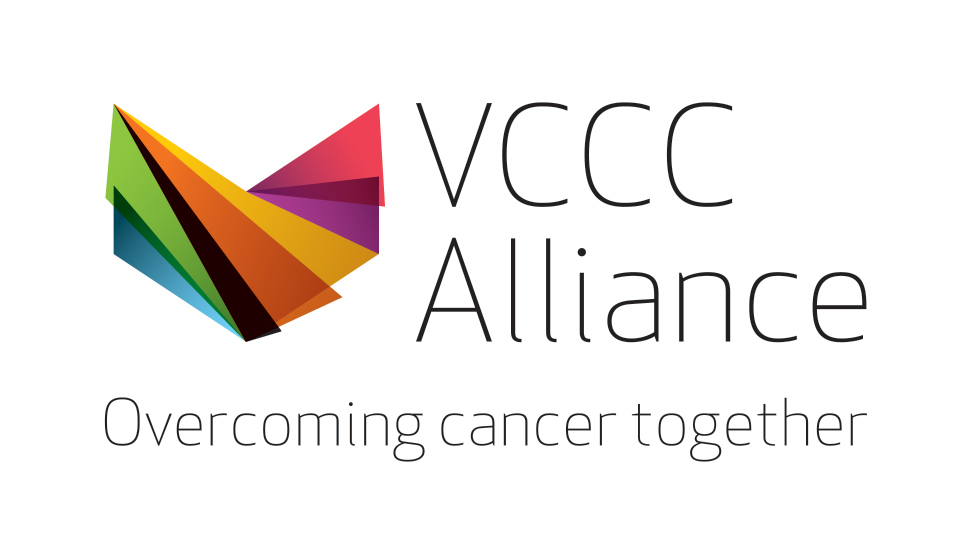Monday Lunch Livestream
with Dr Shuai Li
14 November 2022
Dr Shuai Li introduces the innovative family study designs and relevant findings on cancer risks related to BRCA1/2 mutations and breast cancer genetic susceptibility and risk prediction.
Current known breast cancer susceptible genetic variants include two major types: rare germline mutations (such as those in BRCA1 and BRCA2 genes), and common genetic variants. However, breast cancer familial risk cannot be fully explained by these variants. Germline mutations in BRCA1 and BRCA2 are known to be related to increased risks of breast and ovarian cancers. Although risks for other cancers have also been suggested, reliable cancer risk estimates are lacking.
Polygenic risk scores, which combine the risk information of multiple common genetic variants, are able to predict cancer risks and are being proposed for clinical usage; however, a more personalised approach is needed.
Dr Li provides recent findings to the questions:
- What further explains breast cancer familial risk in addition to the known rare germline mutations and common variants?
- What are the cancer risks for people with a germline mutation in BRCA1 or BRCA2 gene?
- Can polygenic risk scores explain breast cancer family history and predict age-specific cancer risk?
All the findings are from family-based studies, and they will also demonstrate the value of family designs in providing knowledge about cancer aetiology and risk prediction.
Presenter
Dr Shuai Li
Victorian Cancer Agency Early Career Research Fellow, Senior Research Fellow
Centre for Epidemiology and Biostatistics, Melbourne School of Population and Global Health, University of Melbourne
Dr Shuai Li is a Victorian Cancer Agency Early Career Research Fellow and Senior Research Fellow at the Centre for Epidemiology and Biostatistics, University of Melbourne. Dr Li is a medically trained epidemiologist, with research interests in genetic and epigenetic epidemiology, twin and family research, and cancer risk modelling. He obtained his PhD at the University of Melbourne in 2018, followed by a postdoc at Cambridge University.
Dr Li has won research funding of up to $8 million from funders such as NHMRC, Cancer Australia, and the Cure Cancer Foundation. This includes a Cancer Council Victoria Postdoctoral Research Fellowship (2018-2019) and a Victorian Cancer Agency Early Career Research Fellowship (2020-2022). His works have been recognised by multiple research excellence awards, including the 2020 Runner-up for the Victorian Premier's Awards for Health and Medical Research and the 2018 Victorian Comprehensive Cancer Centre Picchi Award for Excellence in Cancer Research.
Resource details

This course is brought to you by
